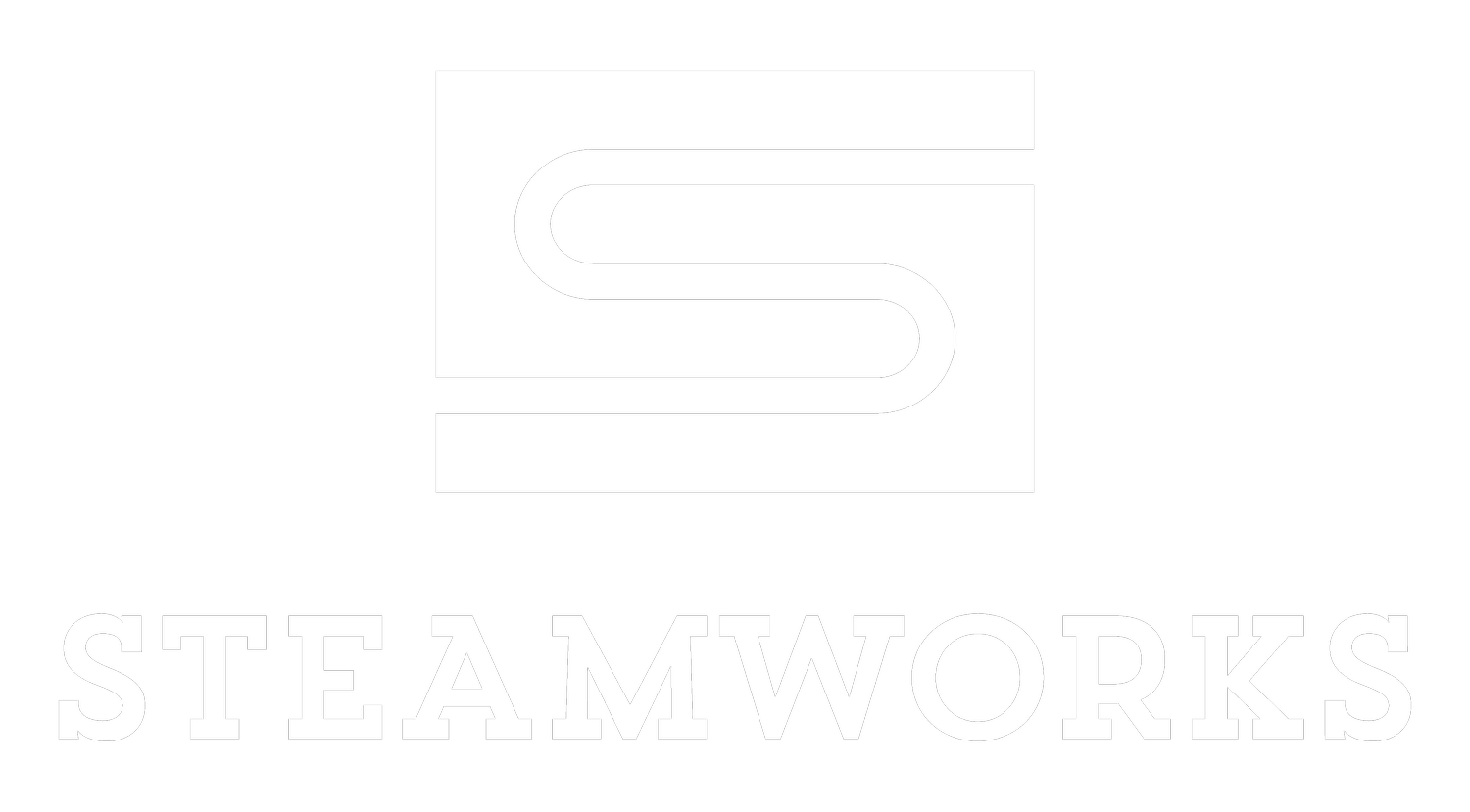Sustainable Practices for Steam Systems
With growing emphasis on sustainable practices, you no doubt feel the pressure to reduce the environmental impact of your steam systems. And you are expected to do this in addition to your daily responsibilities. It can seem like an unattainable endeavor, especially with older equipment and tight budgets. Steamworks feels your pain.
Committed steam industry operations should see themselves as a type of energy conservationist. We often understand that energy is what we are all about, but how this conservation occurs is sometimes lost on us. For example:
steam increases our safety
steam increases our savings
steam increases our reliability
The lowest hanging fruit is not always clear at first blush since you are likely stretching to work on this amongst the many other things on your plate. It’s often months and months before you have an actionable strategy and the hands to get it done.
You’re Not Alone - Steamworks Helps You Achieve Sustainable Practices.
Here’s how…
Steamworks Prepares Your Operators - If your operators don’t have advanced competency, they’ll never know how to operate the equipment in a way that is optimized. Plus, they certainly won’t be able to help you identify areas in desperate need. Beyond passing licenses exams and operating the boiler safely, Steamworks provides industry-specific training on topics that include energy savings practices, troubleshooting techniques, equipment reliability and more. As always, it’s operator-focused and offered via open enrollment, online, and onsite. This ensures you have operators who can operate the equipment safely, optimally and with sustainability in mind.
We Streamline Your Strategy - Something that would take you months to do, Steamworks can do in a matter of days. With a steam systems’ survey, Steamworks personnel come onsite to identify the areas of unsustainability. Instead of trying to fit this time intensive work into your already busy schedule, Steamworks does the work for you. You will get more than a written report! Steamworks provides valuable 3D scans you will use to streamline and manage the work done by maintenance technicians and service providers. It’s clear, it’s practical, and the tasks that come from this report are organized and in order of importance. This means you can get down to the return on your investment quickly. Our clients enjoy the optimization and sustainability that come from this process and very often learn a ton that they can take with them in future years of steam system operations.
Steamworks Supplies Boiler Operators - Steamworks understands that you can’t keep things running without help while your team is getting the training they need. We can provide licensed boiler operators to run your systems while your team is out training if you choose our open enrollment option. In just 3 weeks, your team gets industry recognized training and a fast track to State of Ohio licensing. Steamworks open enrollment training provides 1,300 credit hours of the 2,000 required. After training, your operators are only ~ 4 months away from being qualified to take the licensing exam. You end up with boiler operators who can proactively help you move forward with your sustainability program – and you did it without downtime. Alternatively, our on-site training customizes training based on the boiler operators’ current level of knowledge and specific to your equipment.
That’s not all we’re leaving you with.
If you don’t already know, below is the birdseye view of how to create sustainable practices in an industrial steam system. Of course, each of these areas must be well-planned and executed by those trained operators and with the experience to identify your specific issues on your unique equipment.
Birdseye View of Sustainable Practices
Boilers - Use modern, well-maintained boilers with advanced combustion and heat transfer technologies. Up to date SOPs that reduce contractor call-ins and streamline procedures. Consider high-pressure boilers with backpressure turbine generators. Also, improve water treatment to minimize boiler blowdown, prevent scale formation and corrosion.
Carbon Emissions Reduction – Reduce energy waste on the generating, distribution and return systems. When energy is misapplied, it will cause the boiler to produce more steam for wasteful or “artificial” heat loads. This creates unnecessary CO2 emissions and can be eliminated from your annual total production.
Waste Heat Recovery - Capture and use waste heat from steam generation processes to preheat feedwater, generate more steam, or provide heat for other industrial processes. Heat exchangers and condensing economizers are commonly used to extract and transfer waste heat.
Combustion Systems - Use advanced combustion systems with technologies like low-NOx burners and flue gas recirculation to minimize nitrogen oxide emissions.
Insulation - Ensure that piping, valves, fittings, and vessels are well insulated. Also, cover heated, open vessels.
Maintenance - Implement regular maintenance and tuning of equipment. Inspect and repair steam traps and drainage systems.
Heat Loop – Audit your usage of the energy created. Possibly outdated practices or plant evolutions have made the steam system working at less than 100%. Steam volume, pressure choices and many other application factors should be considered to ensure that your heat is getting where you intend it to.
Operational Training – Training ensures you keep your valves and equipment working reliably. This will extend the life of your equipment and avoid premature failures.
This is a lot of information to digest. If you’d like support working through the steps to more sustainable practices, email your questions.
But the REAL first step is to ensure your steam system engineers and boiler operators have the training they need to operate the system with optimization as the priority.

